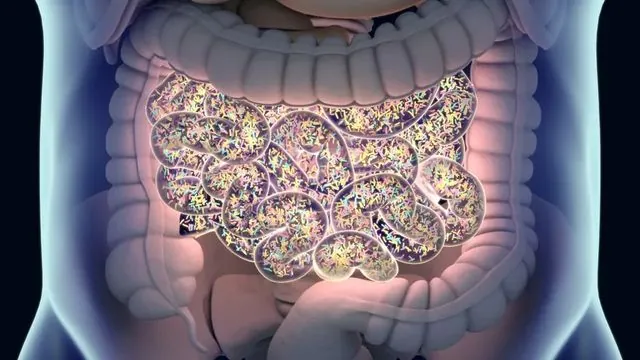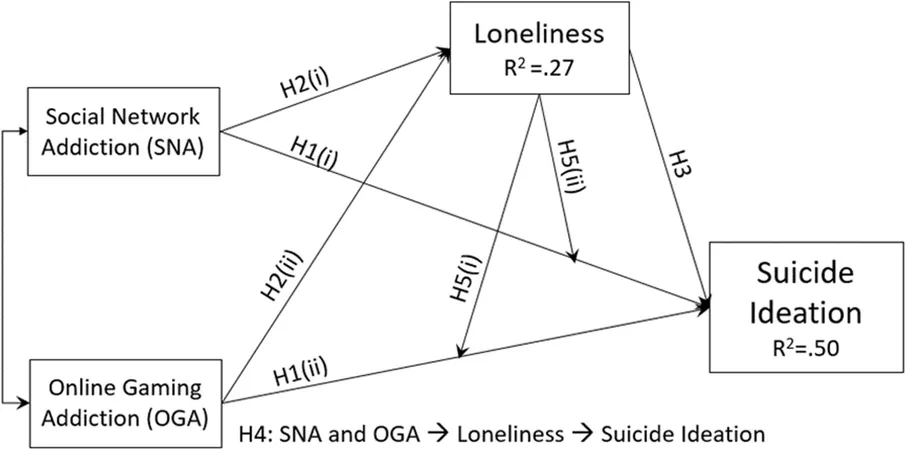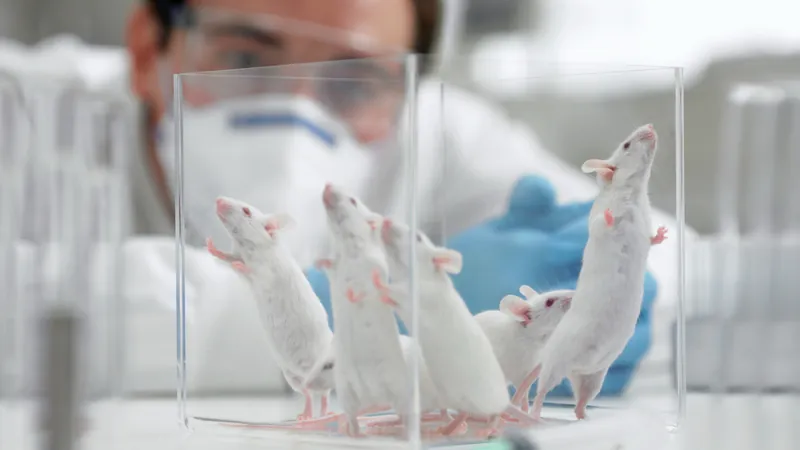
Revolutionary Discovery Links Gut Microbiome and Immune System to Autism Progression in Mice
2025-08-20
Author: Siti
Are Gut Bacteria Key Players in Autism?
Autism Spectrum Disorder (ASD) is impacting 1 in 31 children in the United States, and the numbers could be even higher in East Asian countries like South Korea and Japan. Despite its growing prevalence, the causes of ASD remain largely unclear, with no effective treatments currently available.
Groundbreaking Research Unveils Mechanism Behind ASD
A pioneering study by a research team from POSTECH and ImmunoBiome in Korea, led by Professor Sin-Hyeog Im, sheds new light on the complexities of ASD. Published in the prestigious journal Nature Communications, this research highlights the significant roles that gut microbiota and the immune system play in the progression of autism, using innovative genetic mouse models.
The Gut-Immune Connection in ASD
Traditionally viewed as a genetic disorder, recent findings suggest environmental factors, particularly those related to gut health, are crucial contributors. Our intestines house a vast community of microbes that far outnumber our own cells, influencing our metabolism and immune system.
Studies have shown that children with ASD tend to have unique microbial profiles compared to those without the disorder. In fact, gastrointestinal issues affect up to 90% of individuals with ASD, fueling the exciting gut-brain axis hypothesis—that gut bacteria directly influence brain function.


 Brasil (PT)
Brasil (PT)
 Canada (EN)
Canada (EN)
 Chile (ES)
Chile (ES)
 Česko (CS)
Česko (CS)
 대한민국 (KO)
대한민국 (KO)
 España (ES)
España (ES)
 France (FR)
France (FR)
 Hong Kong (EN)
Hong Kong (EN)
 Italia (IT)
Italia (IT)
 日本 (JA)
日本 (JA)
 Magyarország (HU)
Magyarország (HU)
 Norge (NO)
Norge (NO)
 Polska (PL)
Polska (PL)
 Schweiz (DE)
Schweiz (DE)
 Singapore (EN)
Singapore (EN)
 Sverige (SV)
Sverige (SV)
 Suomi (FI)
Suomi (FI)
 Türkiye (TR)
Türkiye (TR)
 الإمارات العربية المتحدة (AR)
الإمارات العربية المتحدة (AR)